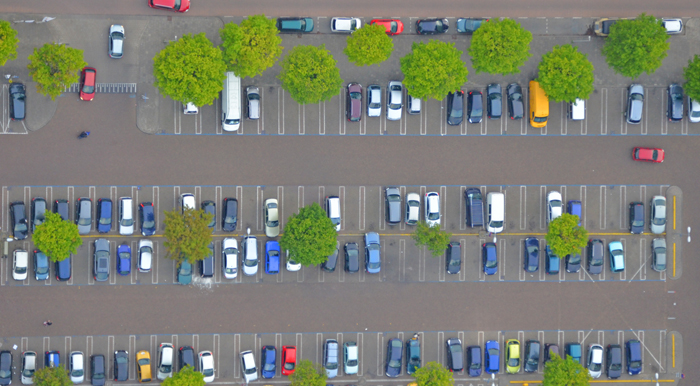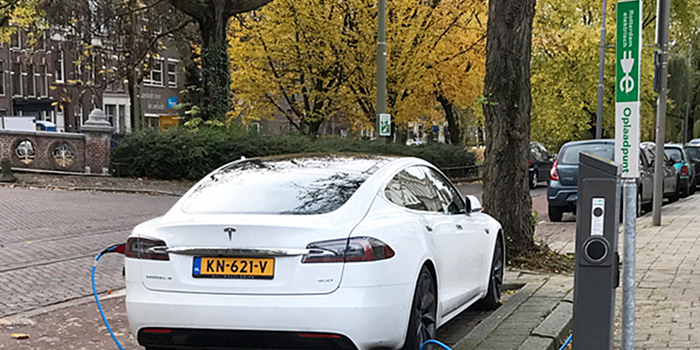Owning A Car In Holland
Information on owning a car in Holland, from importing, registering and insurance requirements to where to purchase a new or secondhand vehicle…

Whether you are an expat in Netherlands considering buying a car, or a soon-to-be resident of Holland thinking about bringing a vehicle with you, it is important to be aware of the responsibilities and requirements associated with owning a car in Holland.
Different rules apply when you bring a car to the Netherlands from another country within the European Union versus a country outside the EU. The process may or may not include paying import duties along with Dutch road tax (which is paid by every car owner in the country).
Buying a car in Netherlands is less complicated than importing one, especially if the vehicle is from outside the EU. The purchase process simply involves payment to the seller for the vehicle (which includes BTW sales tax unless the buyer has diplomatic status, in which case the sale is tax-free) and then registering it with the RDW (Dutch motor vehicles bureau).
Of course, most people who buy a car also want to drive it. There are additional requirements that have to be met…
- You must be in possession of a valid driver’s license (either Dutch or from another EU country)
- The vehicle must be insured for third party liability by a Dutch insurer
- The vehicle must have passed an APK (road-worthiness) test administered at an approved ‘keuringsstation‘
- BPW (road tax) must be paid to the Belastingdienst (Dutch tax board)
- The vehicle must have valid license plates
For an expat in Holland looking to purchase a secondhand vehicle, purchasing it from an car dealership (autobedrijf) is likely to be easier and safer than buying from an individual, especially if the expat does not speak Dutch. A dealer salesperson can assist the buyer with filling out the necessary purchase contract (which will be written in Dutch), including the transfer of ownership and vehicle registration documents.
Another advantage of buying from a dealership rather than an individual is the guarantee; if a vehicle is no longer covered by the manufacturer’s warranty, a dealership will usually include their own 12 or 24-month guarantee in the sales agreement.
When purchasing a car in Netherlands, consideration should be given to its weight and engine size. Both factors influence the amount of annual road tax to be paid. Heavier vehicles and those with larger engines are charged more for road use than vehicles that are lighter and/or with smaller engines.
The vast majority of passenger cars with gas-powered engines in Netherlands have manual transmissions. Not only is the vehicle cost lower, but they are also more fuel efficient. Fuel efficiency is important not just for the environment, but for the expense. In October 2024 the average price of 1 liter of petrol in Netherlands was €2.10 (the equivalent of €7.95/gallon).
Electric cars in Netherlands, on the other hand, always have automatic transmissions. Dutch municipalities have been increasing the number of public charging points for electric and hybrid vehicles and locating them strategically in neighborhoods with the highest owner registrations of electric vehicles. A map showing charging points in the Netherlands can be found on the website Oplaadpalen.

Related information…

